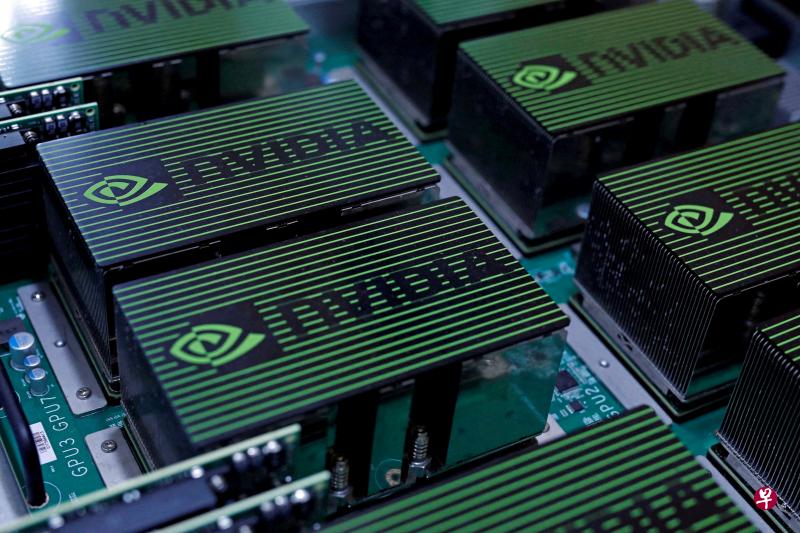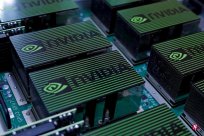
U.S. officials require chip manufacturers Nvidia and ultra -micro -stop export to China for the top computing chip used for artificial intelligence operating systems to prevent the chip from being transferred to "military use".Nvidia will lose 500 million yuan in sales this quarter, and is planning to apply for exemption from the official.
(Washington Composite Electric) American chip manufacturer Nvidia and Super Wey (AMD) said U.S. officials asked them to stop exporting to China for the top computing chip used for artificial intelligence operating systems to prevent these chips from being transferred to being transferred to"Military use".This may weaken the ability of Chinese companies to use advanced technologies such as image recognition. China calls this "typical science and technology hegemonism."
Nvidia on Wednesday (August 31) said that US officials asked the company to stop exporting the A100 model chip and the upcoming H100 flagship chip to China. These two chips can speed up machine learning tasks.Nvidia pointed out that the ban may affect the development of H100 chips and may cause the company to lose sales of 400 million US dollars (about S $ 56 million) in this quarter.
Nvidia competitors Super WeChat said that according to the new license, ultra -micro must stop exporting the company's top MI250 artificial intelligence chip, but the MI100 chip should continue to export, and it is expected that this will not have a substantial impact on the company's business.Nvidia quoted U.S. officials that the new provisions aims to eliminate the risk of products in China in China for military use.The company plans to apply for an exemption from the official, but "does not guarantee" the approval.Nvidia's stock price fell more than 6.6%after Wednesday, and super micro -stock prices also fell 3.7%.
A spokesman for the US Department of Commerce said that the official was comprehensively evaluating China's relevant policies and practices to prevent the abuse of advanced US technology to safeguard the interests of national security and foreign policy.
The Chinese Ministry of Foreign Affairs spokesman Wang Wenbin criticized the United States at a regular press conference on Thursday.He said: "The United States has repeatedly generalized the concept of national security, abused national forces, and tried to use its own technological advantages to curb the development of emerging markets and developing countries.. China resolutely oppose this. "
Reuters pointed out that the United States' move indicates a major upgrade of China's technical capabilities.If Nvidia and ultra -micro chips cannot be obtained, Chinese institutions will not be able to perform advanced calculations for many tasks such as image and voice recognition in a way that meet economic efficiency.
The chips purchased by the Chinese military are almost designed by foreign companies
A report released by Georgetown University in June shows that the Chinese military still highly relies on American technology in obtaining artificial intelligence chips, as well as production capacity in Taiwan and South Korea.The study analyzed the procurement records of the PLA units and state -owned defense enterprises, and found that almost all of the 97 chips ordered the ordered chip were designed by foreign companies such as Nvidia, Xilinx, and Intel.
Analysts believe that new restrictions will significantly slow down China's efforts to lead the field of artificial intelligence and high -performance computing.Wang Zhehong of the industry analysis company Counterpoint said: "This means that China may have to buy more old generation graphics processors (GPUs) and more devices to reach similar technological development levels. This also means that their technological developmentAnd progress requires more time. "


